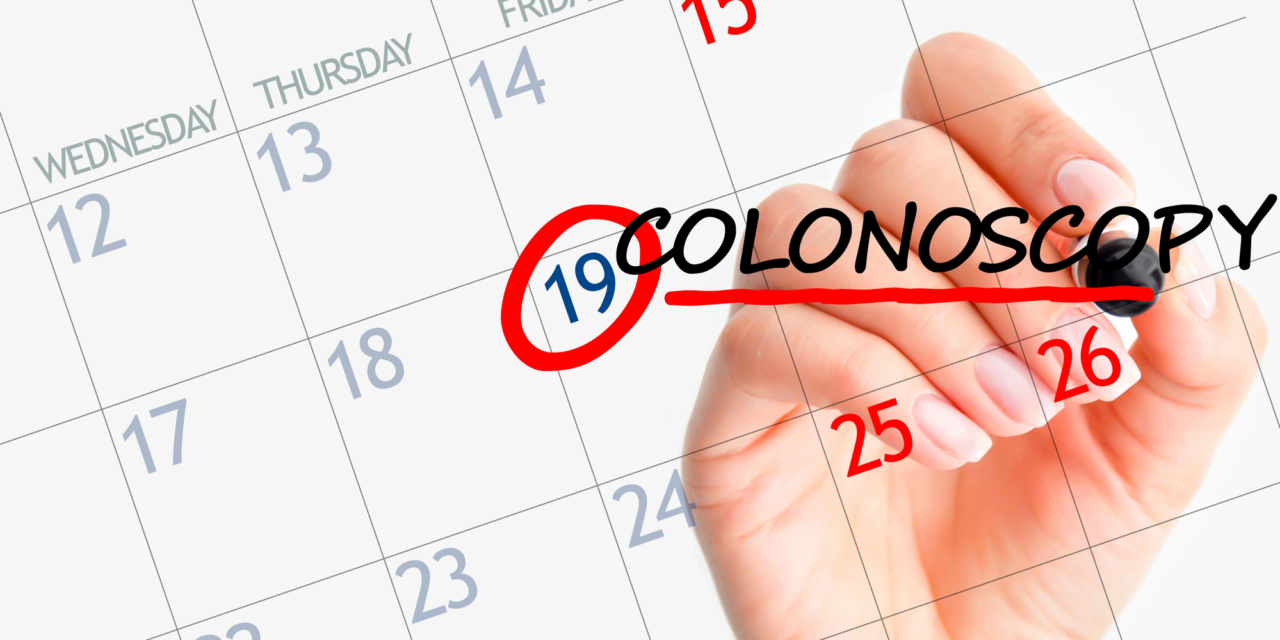If You’re At-Risk, You May Require Earlier Screening!
By Annette Pinder
The organization Fight Colorectal Cancer, notes that the American Cancer Society (ACS) lowered their recommendations for colorectal screening (CRC) to age 45 in 2018. The ACS did this because of the ongoing increase of CRC being seen in young and middle-aged adults, noting that 3 in 10 rectal cancer diagnoses are in patients younger than 55. However, the United States Preventive Services Task Force (USPSTF) has maintained their recommendation that screening for the average-risk population begin at age 50.
In keeping with USPSTF guidelines, Buffalo Medical Group gastroenterologists recommend that individuals begin CRC screening at age 50. However, they also recommend that individuals at an increased risk discuss screening at an earlier age with their physicians. Individuals considered at an increased risk include young adults with a personal or family history of CRC or polyps, those with Lynch syndrome, as well as African Americans. They also emphasize that it is vitally important for individuals under age 45 without an elevated risk to talk to their health care provider immediately if they are experiencing any signs and symptoms of CRC, such as blood in the stool, abdominal pain, or unintentional weight loss.
Like the USPSTF, Buffalo Medical Group gastroenterologists recommend that screening for those at average risk continue until up until age 75 by having a colonoscopy every 10 years, a fecal immunochemical testing annually, a flexible sigmoidoscopy every 5 years, and computed tomographic colonography every 5 years.
Doctors and researchers are not sure why early age onset CRC is on the rise, but are engaged in efforts to determine why. Recently, Fight Colorectal Cancer collaborated with the American Cancer Society, Memorial Sloan Kettering in the United States, and Erasmus University in the Netherlands to analyze CRC screening prior to age 50. The researchers released a manuscript to help scientists and patients better understand why CRC in people under age 50 is on the rise. They are also hoping to reach individuals diagnosed with CRC before age 50, by asking them to complete a survey at https://fightcolorectalcancer.org/research/driving-research/under-50.
CRC is the second leading cause of death in the U.S. About 52,000 people die of CRC each year. You can help spread awareness by educating friends and family members to learn their family history of CRC; encouraging them to determine their own personal risk; and to follow up by making a screening appointment based on their individual risk.
Buffalo Medical Group gastroenterologists recommend a screening colonoscopy for all individuals over 50 years of age, or earlier for those with a family history of colon cancer or polyps. They also emphasize that since there may not be any symptoms in the early stages of CRC, this exam is extremely important as a screening tool for early detection and removal of potentially cancerous polyps. Get educated at https://fightcolorectalcancer.org, and at https://gis.cdc.gov/Cancer/USCS/#/AtAGlance.
Visit https://www.buffalomedicalgroup.com/services/gastroenterology to learn more about Buffalo Medical Group’s gastroenterologists, and call 716-630-1000 to make an appointment today to get screened.












